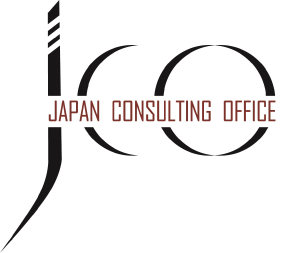When you work with Japanese, whether colleagues or clients, there is an important cultural aspect that many Westerners overlook in their enthusiasm to “get the job done”. Specifically, this is the importance that the Japanese place on reporting.
Because Japan is very hierarchical, Westerners naturally expect decisions to be taken at the top of the company, whereas in fact these decisions are initiated by the staff lower down based on reports and status updates communicated to the boss. We call this the “bottom-up” approach to decision-making because it is based on the information coming from the staff. Meanwhile in the West, most offices are run by decisions initiated by the boss and executed by the staff, constituting a “top-down” approach of decision-making, based on a request coming from the boss.
A Japanese manager that participated in our training workshop once asked “Why does my team never report to me?” When we asked the Western team member, her reply was “Because he never asks us to make a report.”
The Japanese manager expected reporting to be an evident requirement, meanwhile, for his Western staff, it wasn’t and they needed to be asked by their manager before doing so.
This small difference in expectations when it comes to reporting can result in a big misunderstanding and even mistrust. When it comes to working with the Japanese it is best to remember that reports on even small updates are well appreciated. It will result in a stronger, trust-based relationship in the future.
For more information and concrete tips on how to work effectively with Japanese colleagues or clients, why not participate in our next Public Courses?







